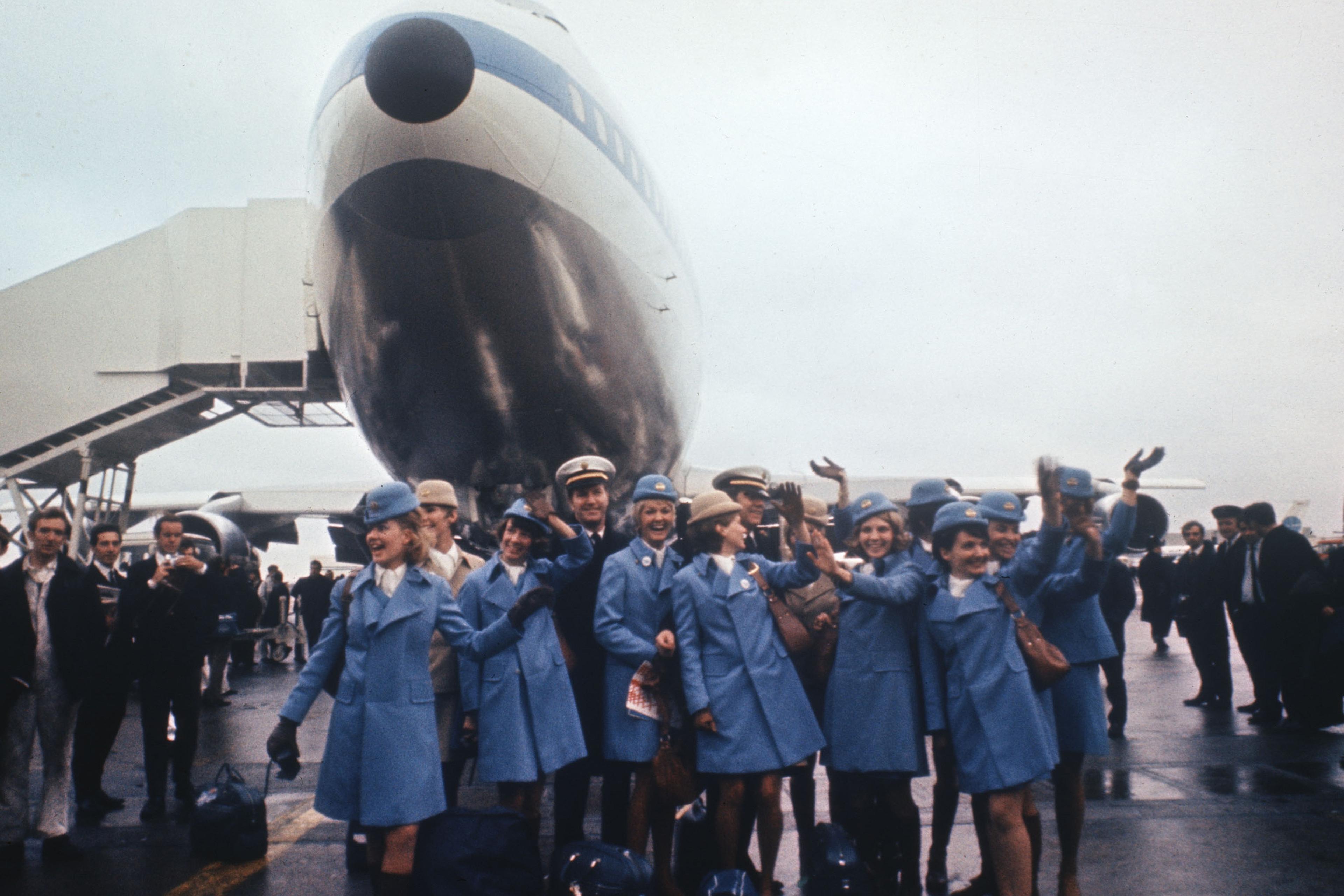
We’re losing trust in civic institutions – can we get it back?
Historically, trust in institutions freed us to do extraordinary things. They can be flawed, but we lose them at our peril
by Ros Taylor

Historically, trust in institutions freed us to do extraordinary things. They can be flawed, but we lose them at our peril
by Ros Taylor

Psychologists are discovering what’s going on when you do something you enjoy, but also feel weird or embarrassed about
by LaCount ‘JJ’ Togans
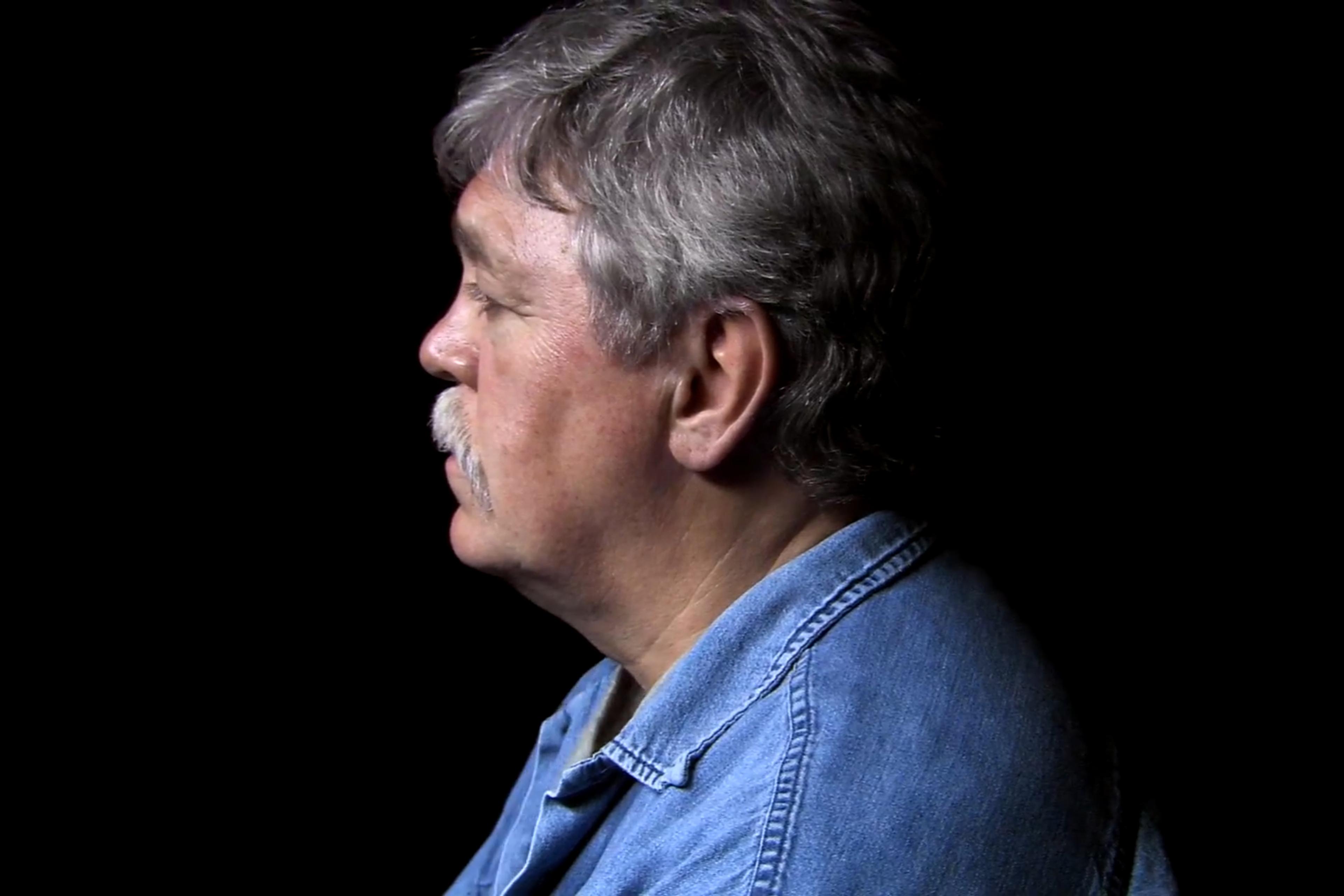
Directed by Jason Young

A fresh investigation of vast numbers of young people from around the world has thrown up some surprising results
by Jakob Pietschnig & Sandra Oberleiter

Disclosing acts of kindness could encourage even more altruism – if we can find a way around the awkwardness
by Jerry Richardson
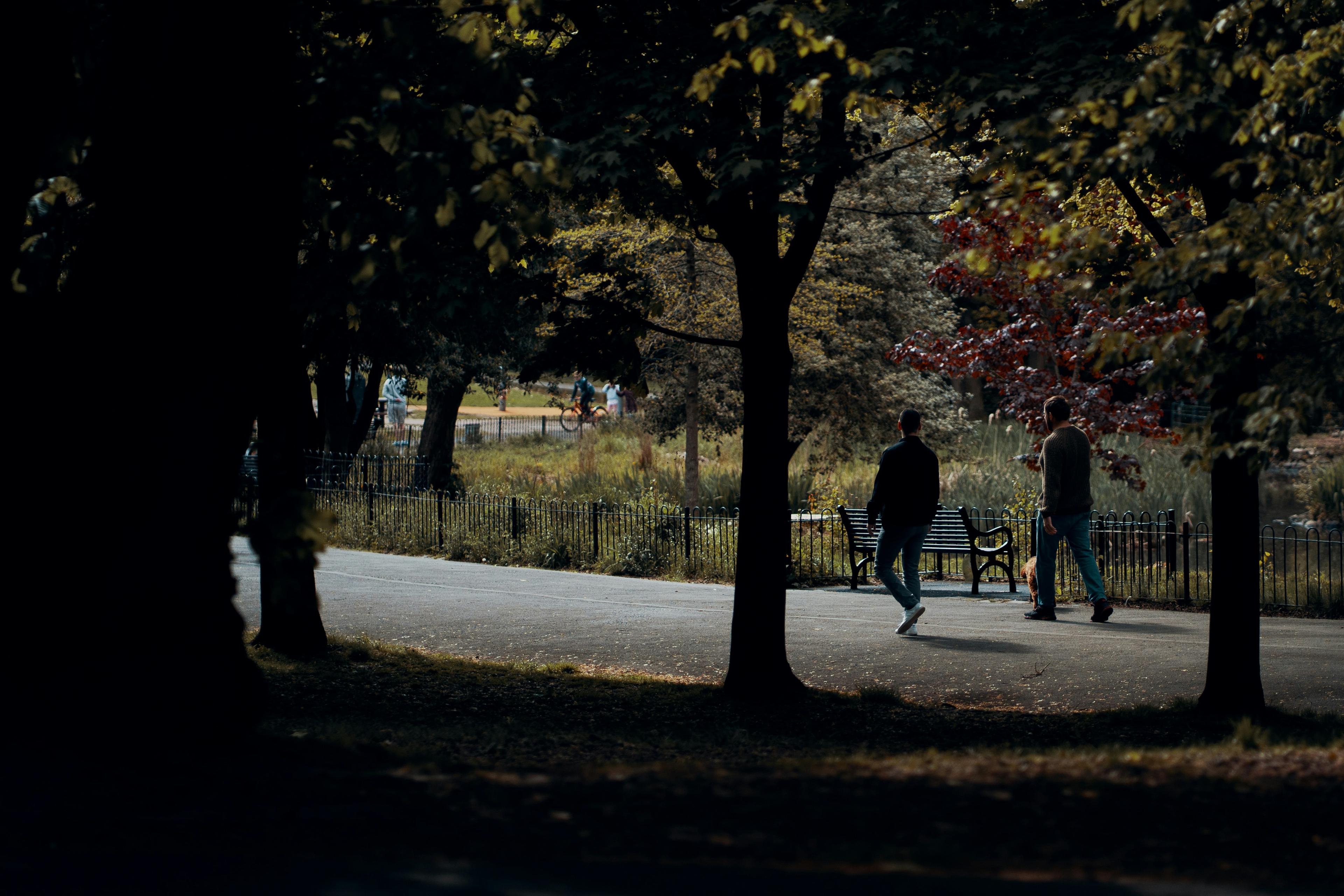

Being smart is knowing what you don’t know. From work meetings to book clubs, use these tips to boost your group’s thinking
by Elizabeth Krumrei-Mancuso & Mark Alfano

To grasp the power of this lauded quality, think of it less as a mountain than as a flexible, even playful way of seeing
by Michael Uebel

In a grim irony, his descendants – my grandmother and mother – struggled with drink. Here’s what I’d tell him about addiction
by Rebecca Lester
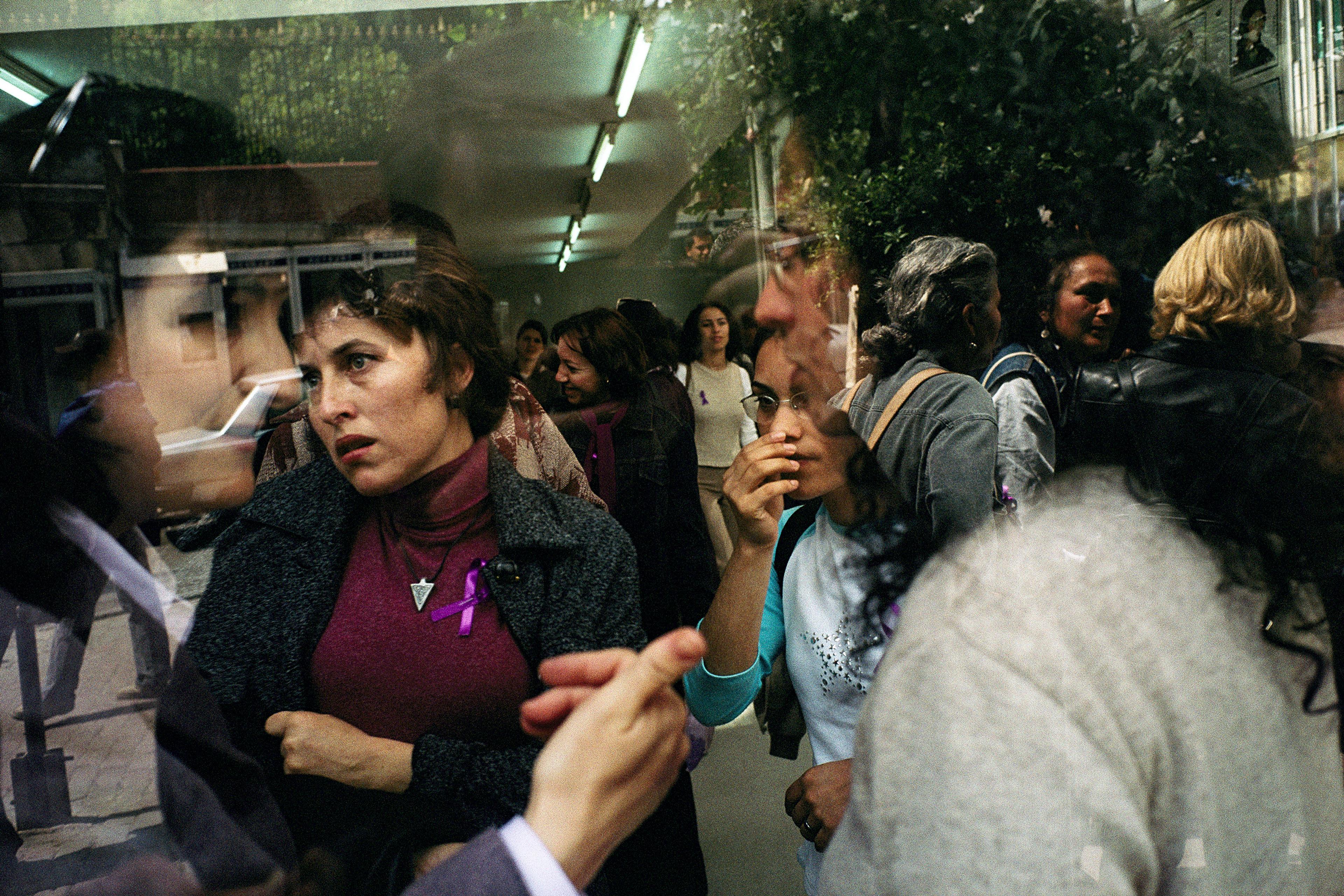
Conversation is a game with rules about politeness and norms. To move beyond small talk, you need to risk breaking them
by Idil Çakmur

In the social media age, it seems impossible not to measure ourselves against others – but we can dodge the worst pitfalls
by Wojciech Kaftański
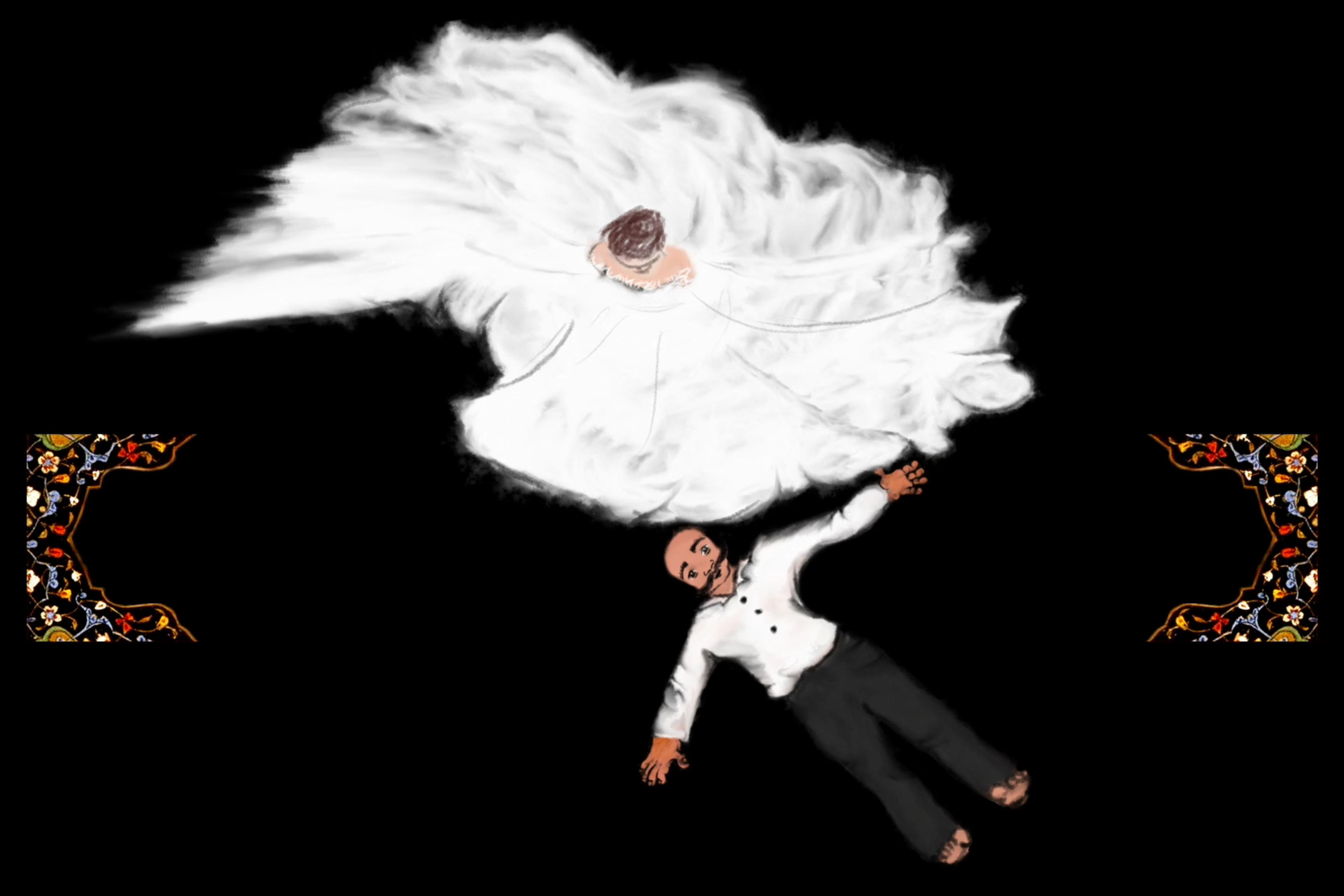
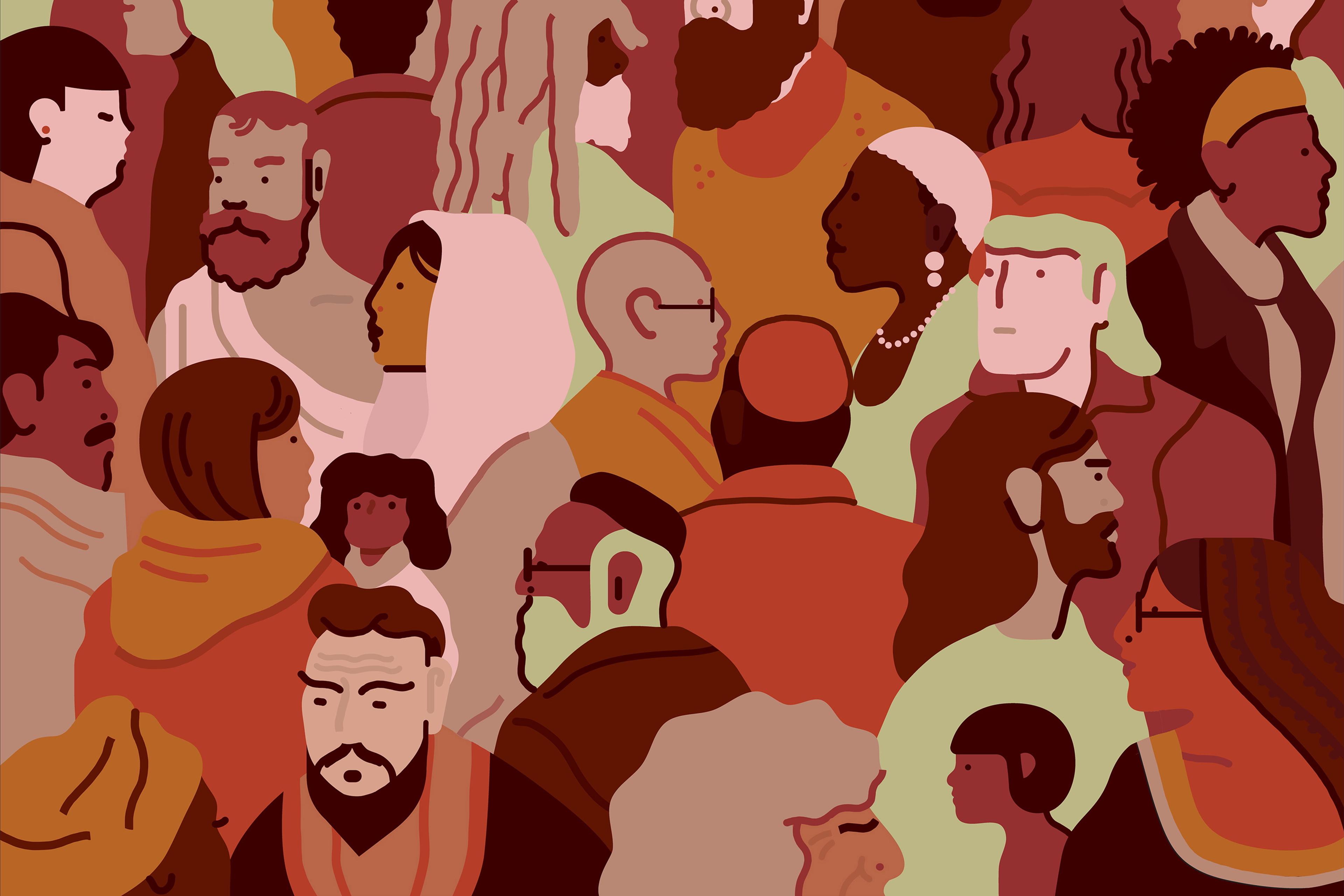
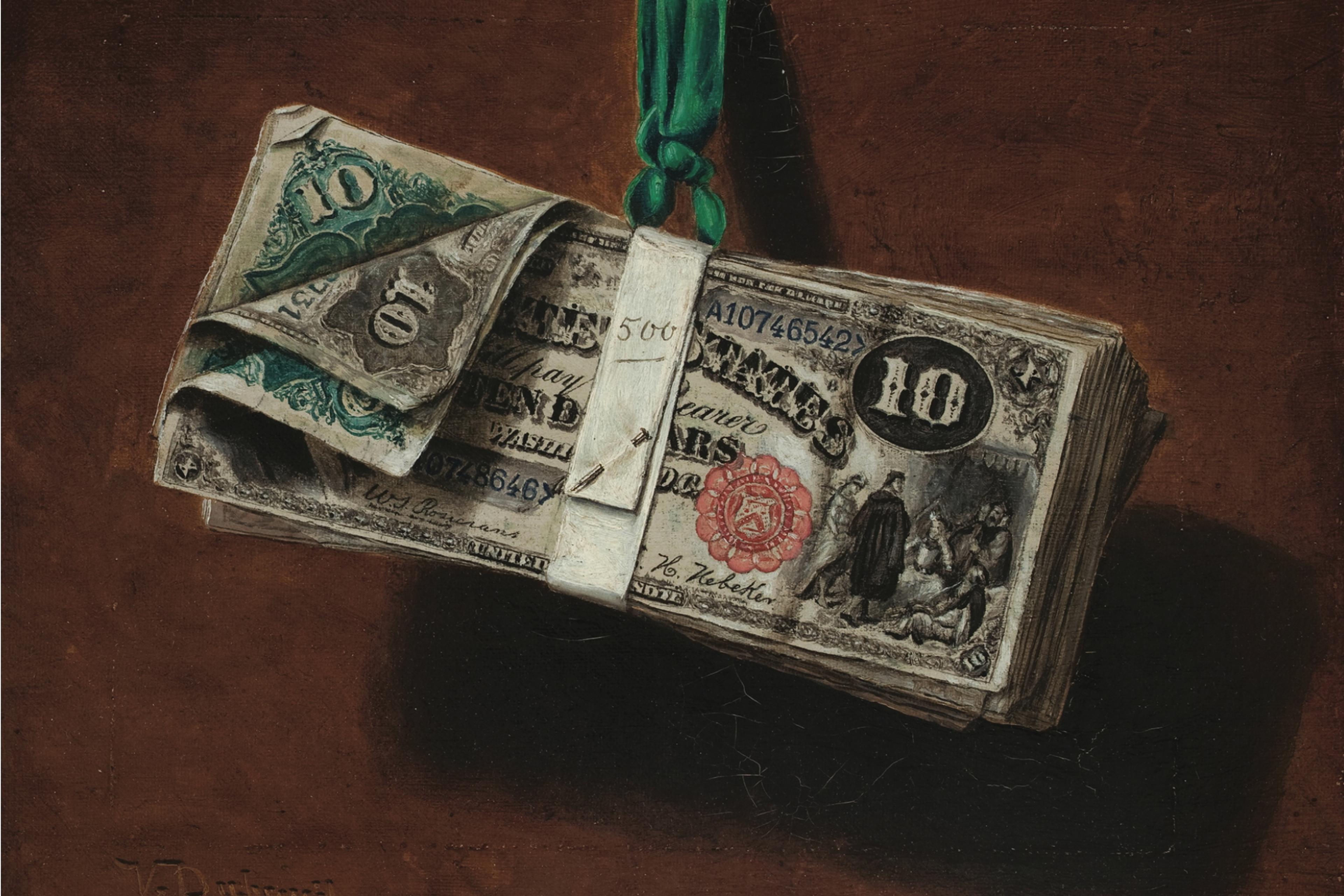
Some individuals have a persistent tendency to want ever more stuff and status. Psychologists are examining the lives they lead
by Karlijn Hoyer
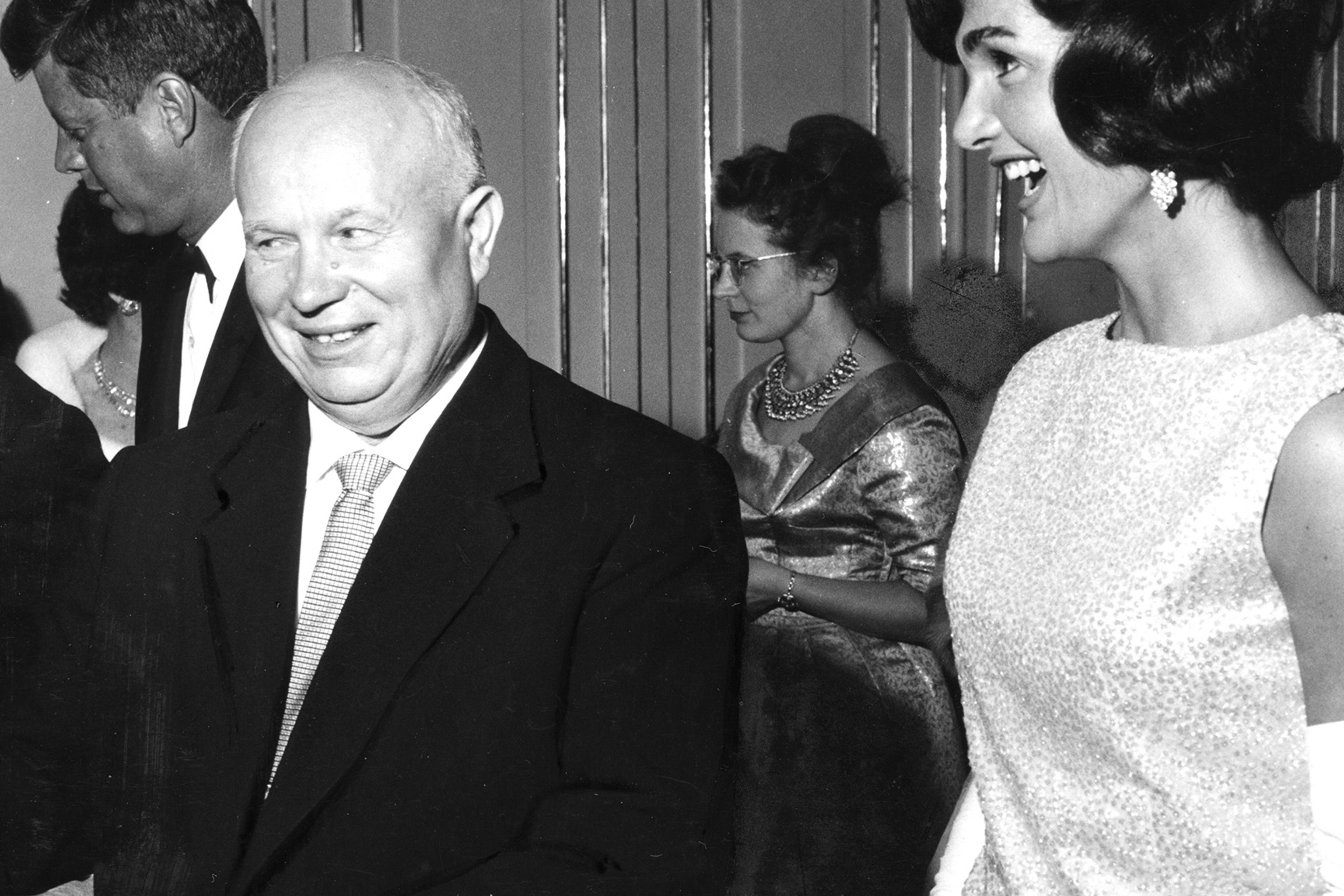
The rewards of flirtation go beyond sex or romance. But, as in other exchanges, you have to know where the red line is
by Youngbin Yoon

Nicholas of Cusa and others saw the importance of ‘learned ignorance’ or recognising there is always something more to learn
by Christopher M Bellitto